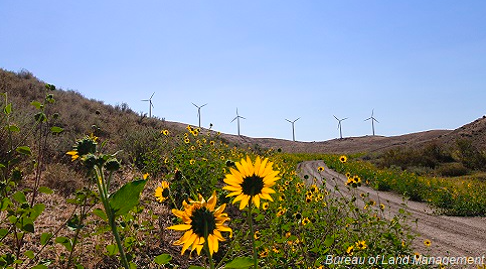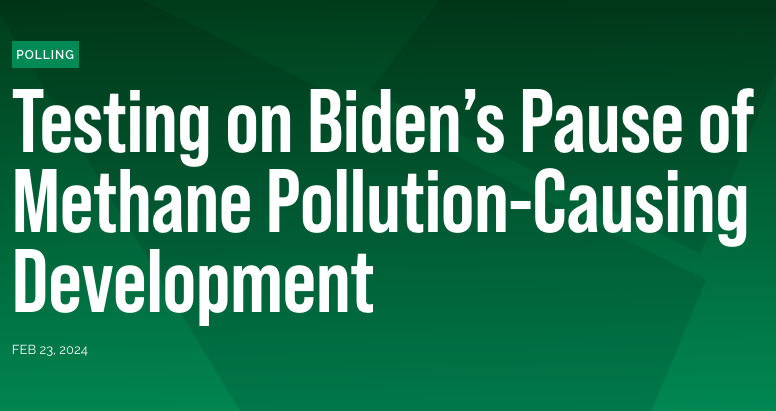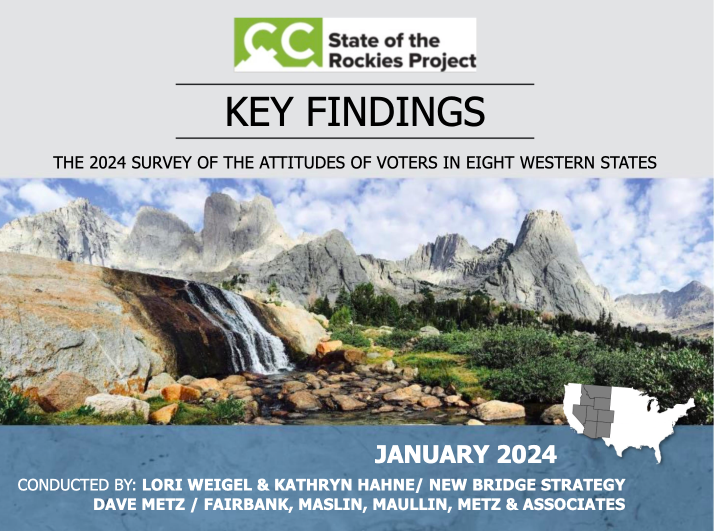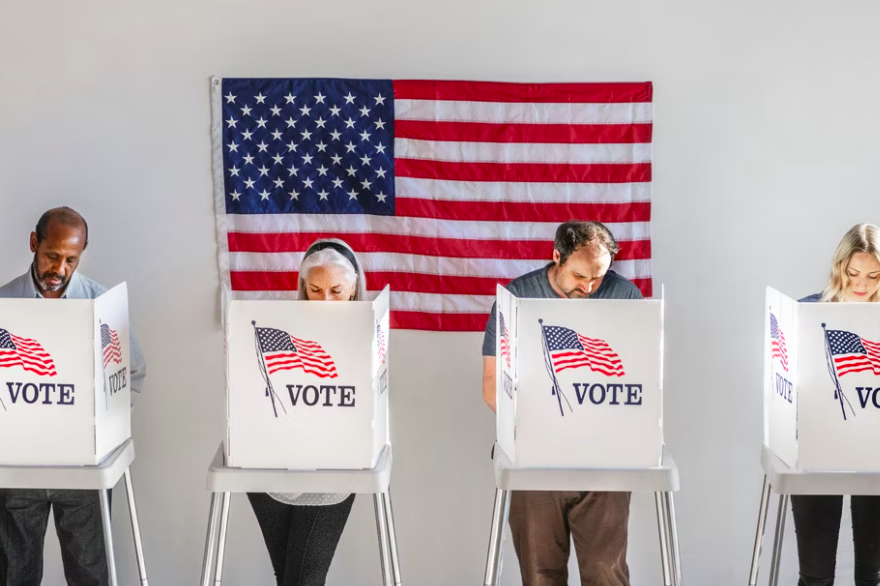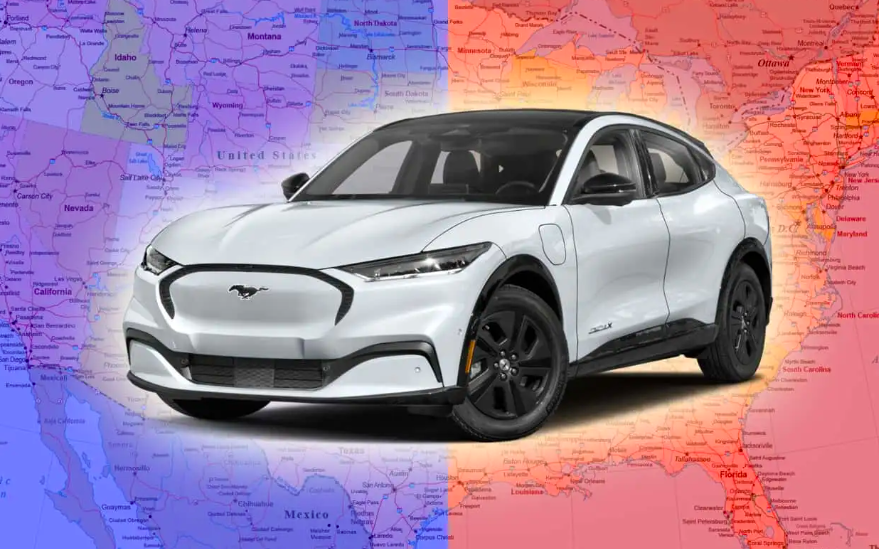Resources
Search below for resources covering the intersection of climate engagement, social science and data analytics.
RESULTS
Poll: Voters Across Four States Show Broad Support for Clean Energy, Carbon Removal
Voters widely support carbon dioxide removal (CDR) projects in key states where they are being considered, and see improved air quality as the clearest benefit of these projects. While voters aren’t very familiar with CDR, they are inclined to feel positively about the technology. In Wyoming, for example, NWF and Data for Progress find that 57% of voters feel favorably about “carbon dioxide removal technologies” when the term is first introduced in the survey while only 16% have unfavorable attitudes about the term.
Poll: Testing on Biden’s Pause of Methane Pollution-Causing Development
In communications about President Biden’s pause on liquefied natural gas (LNG) export projects, voters are most swayed by messaging about health. The most effective and convincing way to talk about this pause is in the context of the pollution risk methane gas facilities pose and the health consequences from them. While other frames are still useful, the pollution-focused message was chosen overall and by virtually all subgroups as the best message on the topic.
Environmental Polling Roundup - February 23rd, 2024
This post includes climate and environment headlines, data points, and key takeaways from recent public polls - including new polling on voters’ relative trust in the two parties to handle climate change and the environment, as well as new polling and consumer data about electric vehicles.
HEADLINES
Republican EV drivers outnumber Democratic EV drivers in many states, based on voter file data and vehicle records. In nine of the 31 states and DC that register voters by party, for example, more Republican voters are linked to records of electric vehicles – including insurance and repair records – than Democrats. Republicans, independents and third-party voters associated with electric vehicles also exceed Democrats in 24 of those states. There is a mix of market factors, such as consumer awareness, infrastructure, incentives and availability, that drive sales.
Environmental Polling Roundup - February 16th, 2024
This post includes climate and environment headlines, data points, and key takeaways from recent public polls - including new polls of Western voters and young conservatives.
Poll: State of The Rockies
The latest “State of the Rockies” poll finds that Western voters across party lines rate conservation issues as an important factor in their vote this year. For the first time in the poll’s history, the majority of Republicans say that conservation should be prioritized over maximizing fossil fuel production. 90% of voters in Western States support requiring oil and gas companies, rather than federal and state governments, to pay for all of the clean-up and land restoration costs after drilling is finished.
Polling on Clean Energy in the 2024 Presidential Election
Americans trust Trump more than Biden on a range of energy issues and economic issues. These include: increasing domestic energy production by +15 points; supporting American manufacturing by +19 points; reducing the cost of energy and gas by +17 points; the economy by +18 points. 35% of voters list economic issues, including inflation and the cost of living, as their top priority for elected officials. Nearly half of Latino voters are Economy-First, +8 points more than any other racial group. Non-college voters are +7 points more likely to be Economy-First than college graduates.
Environmental Polling Roundup - February 9th, 2024
This post includes climate and environment headlines, data points, and key takeaways from recent public polls - including new polling on ESG/responsible investing, offshore wind, electric vehicles, and the Green New Deal.
Poll: Here’s How To Get Republicans Behind Electric Vehicles
Cultural attitudes drive the partisan split on electric vehicles, as Democrats and Republicans disagree more about whether electric vehicles are for “people like them” than on any of the specific benefits or downsides of EVs. In this new survey of Americans with household incomes of $50,000 or more (intended to approximate the market for new cars in the U.S.), Democrats and Republicans have very similar answers when asked to name their two greatest concerns about owning an electric vehicle.
Americans in coastal counties have overwhelmingly positive attitudes about offshore wind energy and support offshore wind near where they live. Energy independence is a strong rationale for expanding offshore wind, though there are concerns about impacts on wildlife. Surveying Americans who live in coastal counties, they find that these Americans have overwhelmingly positive attitudes about offshore wind and its expansion – including in their own areas: 68% support the construction of offshore wind farms to harness wind; energy in U.S.
Pagination
- Previous page
- Page 4
- Next page
